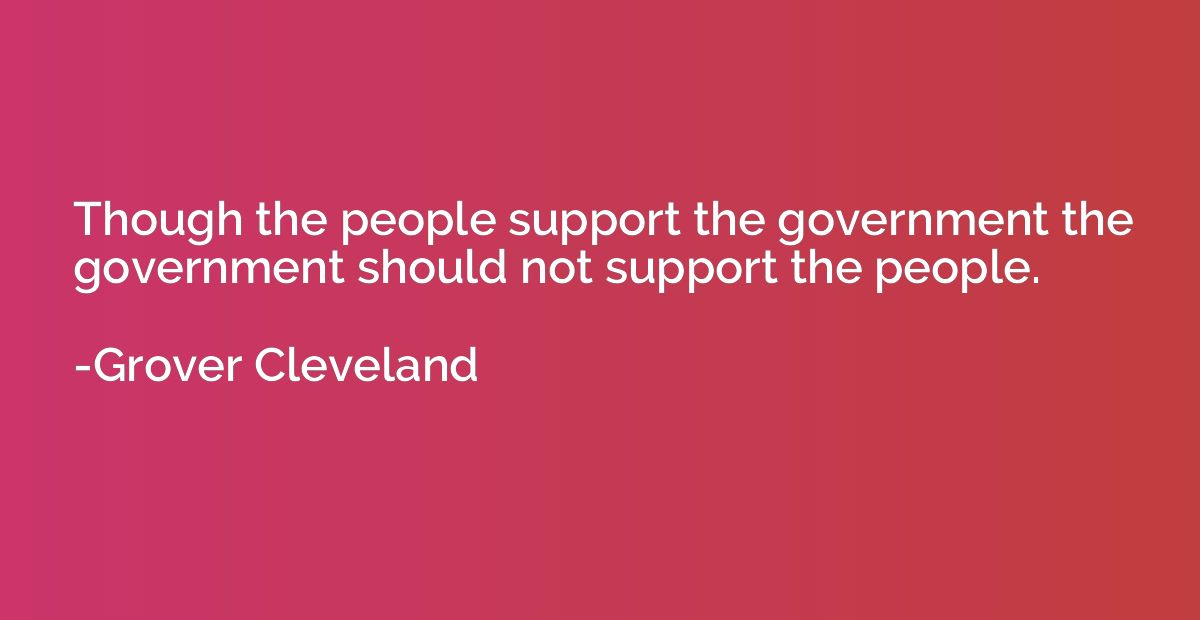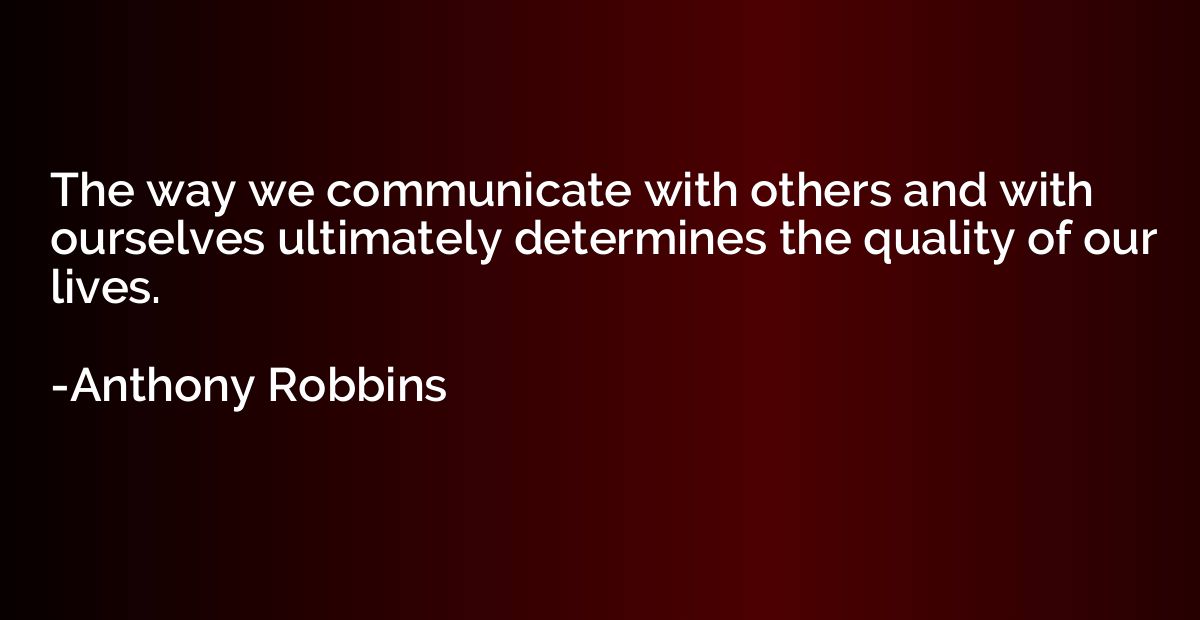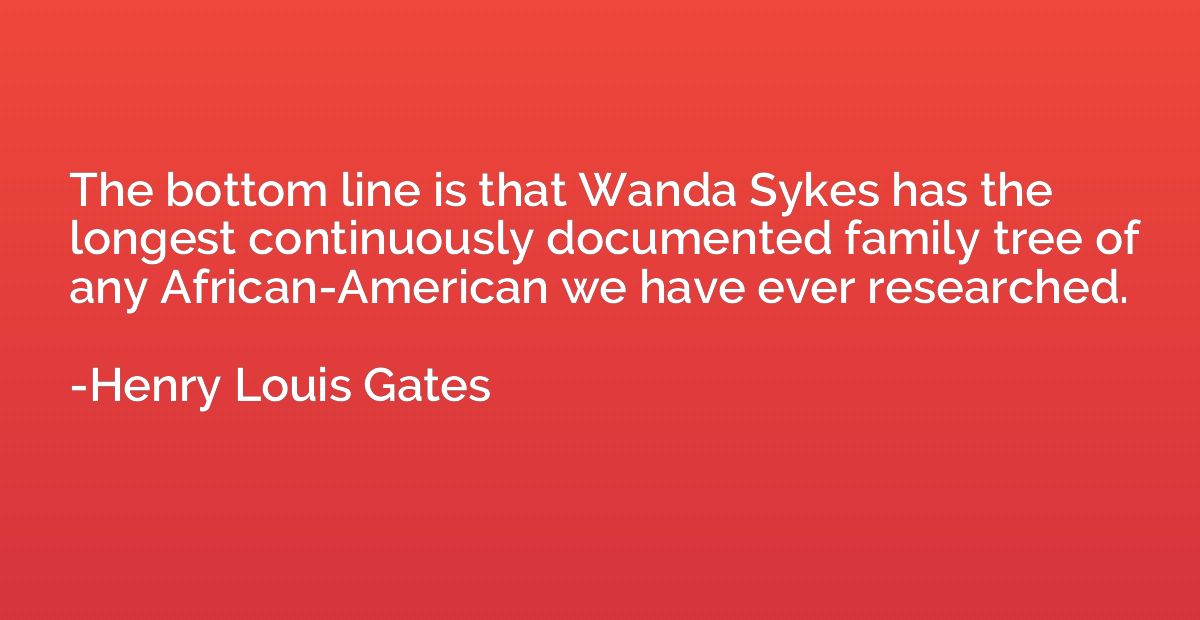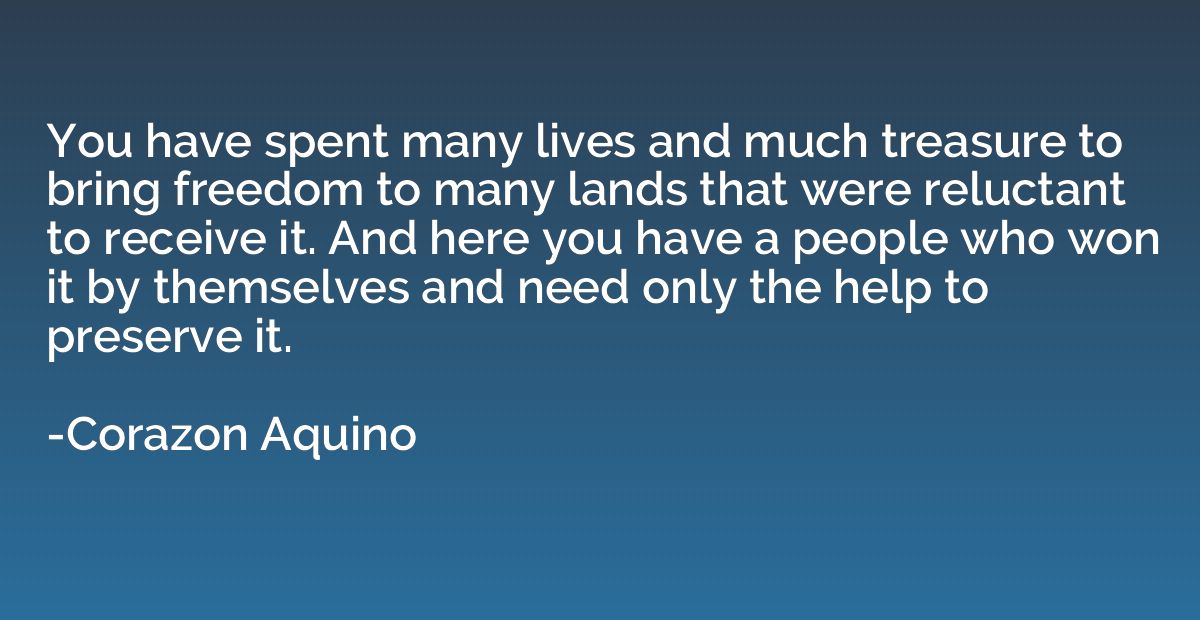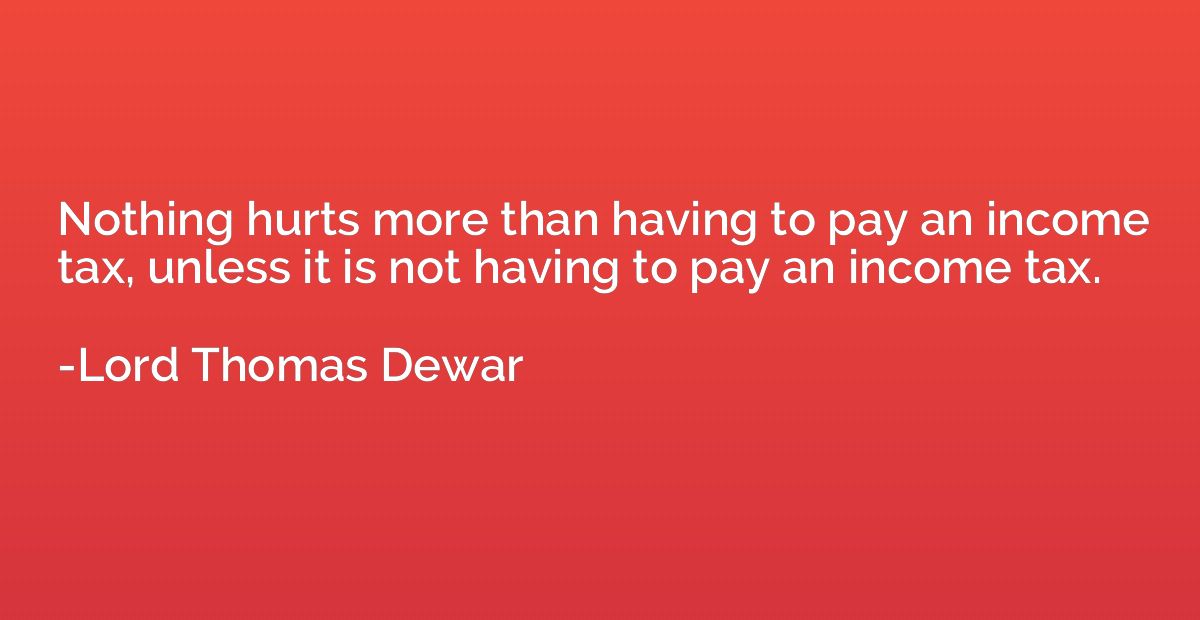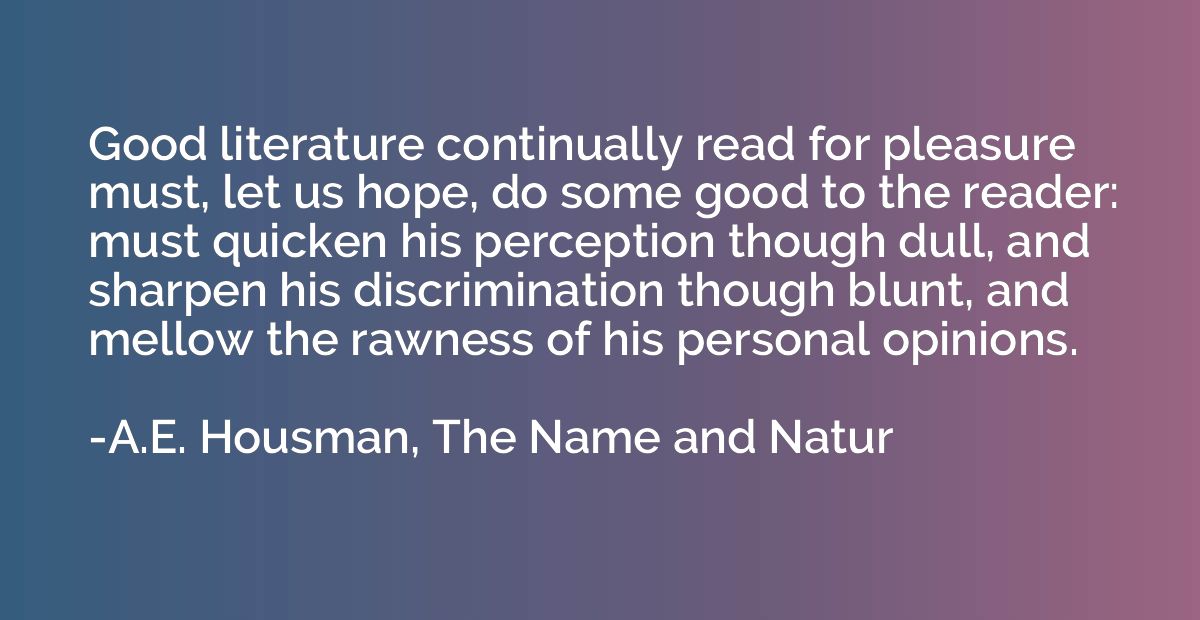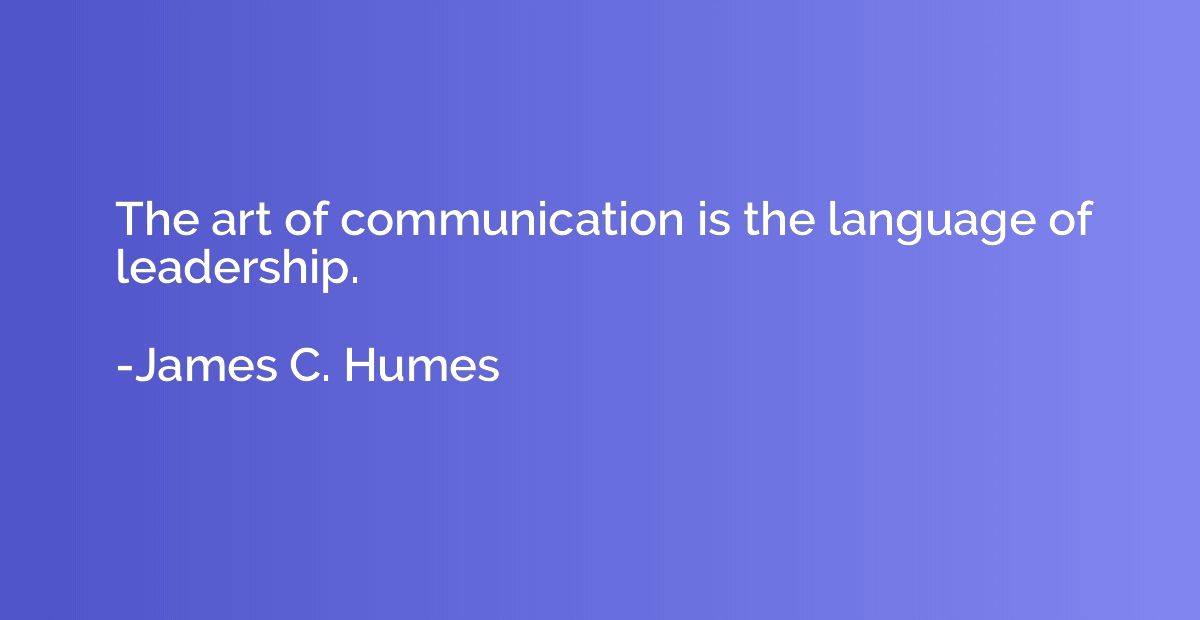Quote by Aldous Huxley
The principles underlying propaganda are extremely simple. Find some common desire, some widespread unconscious fear or anxiety; think out some way to relate this wish or fear to the product you have to sell; then build a bridge of verbal or pictorial symbols over which your customer can pass from fact to compensatory dream, and from the dream to the illusion that your product, when purchased, will make the dream come true. They are selling hope. We no longer buy oranges, we buy vitality. We do not just buy an auto, we buy prestige. And so with all the rest. In toothpaste, for example, we buy not a mere cleanser and antiseptic, but release from the fear of being sexually repulsive. In vodka and whisky we are not buying a protoplasmic poison which in small doses, may depress the nervous system in a psychologically valuable way; we are buying friendliness and good fellowship, the warmth of Dingley Dell and the brilliance of the Mermaid Tavern. With our laxatives we buy the health of a Greek god. With the monthly best seller we acquire culture, the envy of our less literate neighbors and the respect of the sophisticated. In every case the motivation analyst has found some deep-seated wish or fear, whose energy can be used to move the customer to part with cash and so, indirectly, to turn the wheels of industry.
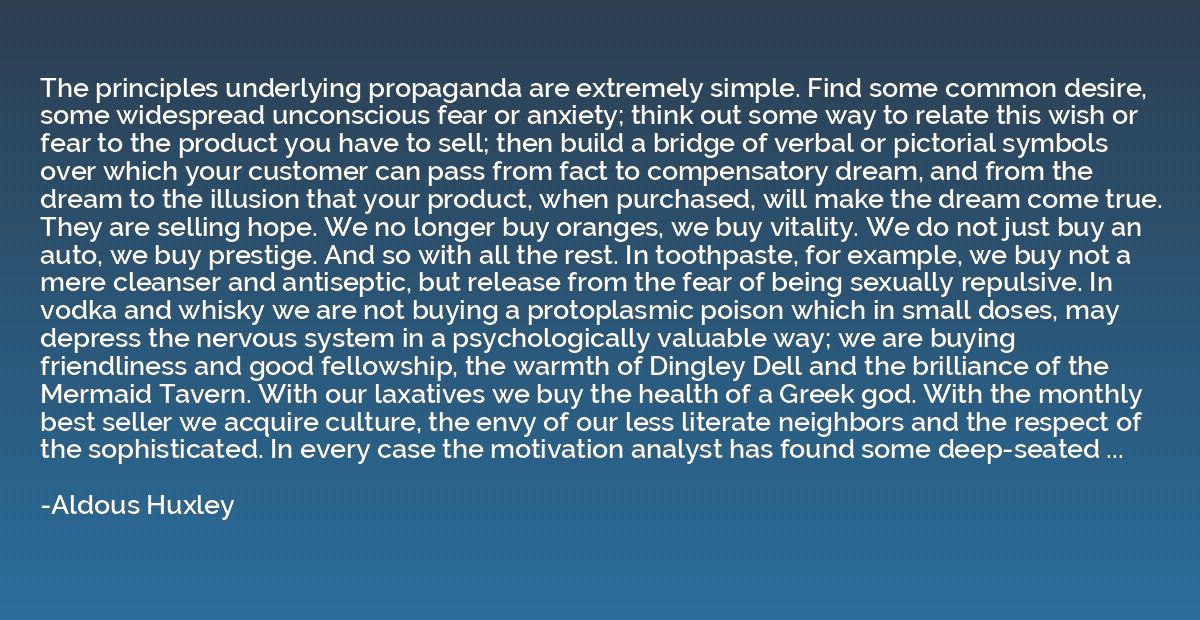
Summary
This quote highlights the underlying principles of propaganda and the tactics used to sell products. It indicates that the key to successful advertising lies in identifying and exploiting people's desires, fears, and anxieties. Advertisers create a connection between these emotions and the product they are selling, transforming facts into dreams and illusions. By doing so, they sell hope, status, and emotional satisfaction rather than just a physical product. The quote suggests that advertising plays on deeper human aspirations, be it the desire for vitality, prestige, attractiveness, friendship, or cultural sophistication, in order to persuade consumers to make purchases and drive economic activity.



